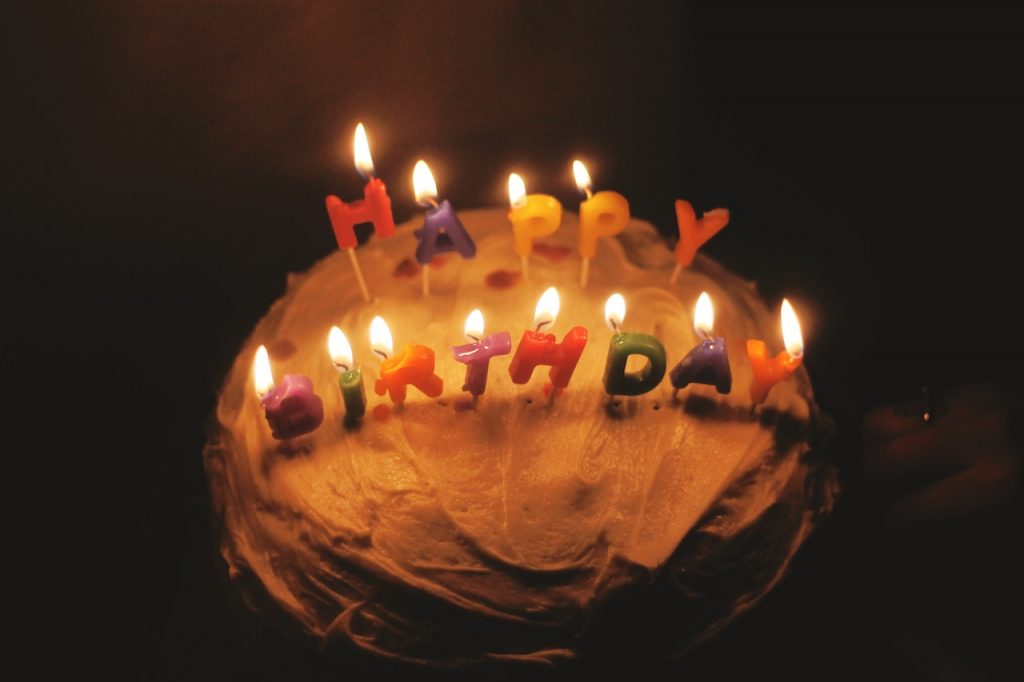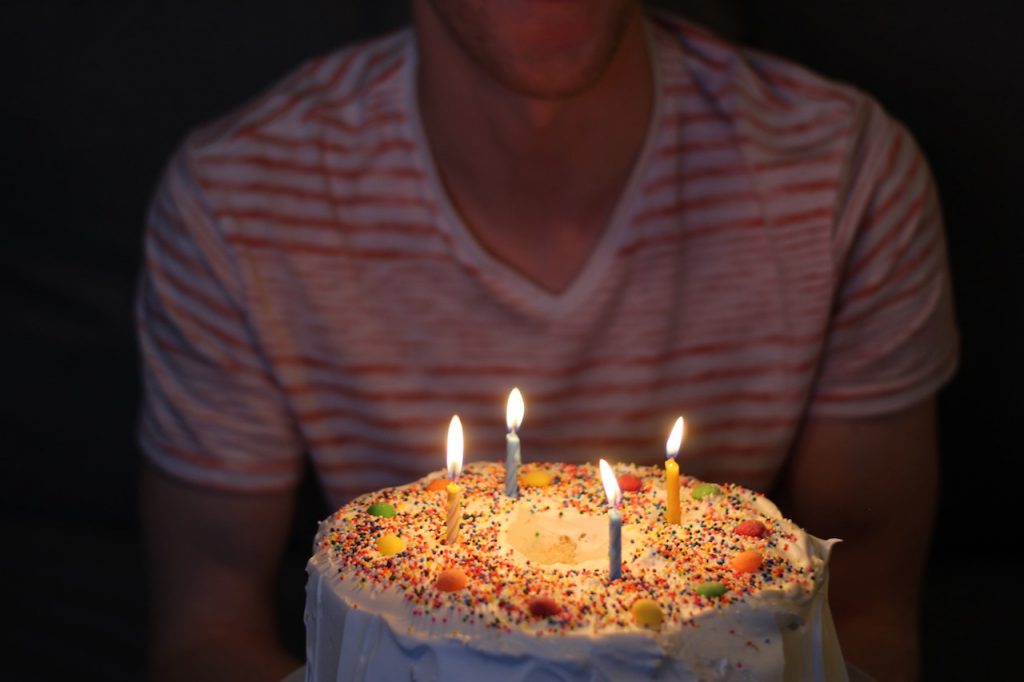Few things make me more uncomfortable than celebrating my birthday.
It’s not about the unnecessary attention and fanfare or the occasional substandard cake, although these certainly heighten my lack of enthusiasm every time the month rolls around. I simply don’t like celebrating who I am when I haven’t yet become who I want to be.
This practice of believing I’m only worthy of celebration when I’ve ‘arrived’ at an arbitrary standard of the ‘ideal woman’ often extends into other areas of my life, where I neglect celebrating a work-in-progress when the final goal hasn’t been realised. It’s also the reason I’ve never truly seen the point of award recognition, like the Singapore Youth Award, and national campaigns that highlight seemingly average achievements when it isn’t, say, a cure for cancer or a Pulitzer.
Ingrained and reinforced by our results-driven society, the journey only seems to count if I arrive at a conventional marker of success. I’ve never truly allowed myself to enjoy the smaller milestones, such as getting an A on a class test, until I was certain I’d fulfilled one of my ridiculously lofty ambitions.
Anyone with half a brain can tell you this is detrimental to one’s mental health.
Firstly, this mindset can come across as humble bragging. After all, we have been annoyed by someone who trivialises their hard work because they didn’t consider it worthy of praise or celebration. By being unable to accept compliments, they inadvertently insult anyone who hasn’t done nearly as well.
Secondly, fixating on the ideal accomplishment makes us overlook the everyday values and behaviours it takes to get there at all. For example, I might forget that achieving work-life balance involves scheduling one-hour social media breaks before I sleep.
In my pursuit of the monumental, life-changing, breathtaking accomplishments that I believe equate to ‘success’, I disregard the incremental, minute, yet critical ‘wins’ along the way.
And the result of downplaying small but significant things: forgetting to be kind to oneself.
It took me almost three decades to realise I really like birthday cake.

Eating cake is inherently worth doing, just like giving back to the community à la Singapore Youth Award finalists, whether you land a handsome promotion, get into a prestigious MBA, or actually receive any national award. The mere act of slicing neatly into its moist layers, allowing the icing to melt in your mouth, each bite sending a sugar rush to your brain, wolfing down the final morsel and wiping the last remnants of icing off the plate with your fork—all of this is a celebration in itself.
Likewise, you don’t need to achieve a specific goal before you celebrate the qualities that will help you achieve said goal. After all, all of these qualities are probably intrinsically worth celebrating.
For instance, if you’re in the running for a management position in your company, celebrate your colleagues’ feedback about your leadership abilities. Appreciate them singling out your dedication to serving others, even if you haven’t yet landed the position. If you’re saving up for a massive holiday at the end of the year, give yourself a pat on the back for being resilient enough to turn down your friends when they want to splurge at a fancy restaurant.
These might feel like seemingly inconsequential actions that don’t matter in the long run, but acknowledging that they do build towards your goal is a necessary form of self-validation and allows us a breather. In turn, having a renewed sense of purpose and energy allows you to recharge on your pursuit towards the end goal, helping you to aim higher and better.
If cake is always a good idea, then it should be common practice to treat ourselves.

Once upon a time, I would have allowed their laudable accomplishments to affect my sense of adequacy, spending the rest of the day stewing in envy. My younger self would have wondered why I wasn’t good, smart, or capable enough to be an equally, disgustingly astounding all-rounder.
Yet glowing news features and shiny trophies belie the fact that award winners—both in SYA and otherwise—might not feel as though they’ve personally succeeded. For instance, this year’s finalist, Dr Syed Harun Alhabsyi, is constantly “driven to be a better version of [himself] every day”. Despite having given more to the community than most of us have, the psychiatrist still believes he has room for self-growth.
Similarly, Rachel Lim, co-founder of Love, Bonito, used to “dwell on” and be “depressed” that she didn’t have the “hard skills leaders are supposed to have”, despite owning one of the most successful homegrown fashion labels.
Arguably though, neither self-doubt nor the belief that they haven’t ‘made it’ hasn’t stopped them from celebrating the values that they do display: resilience, determination, dedication to serve, leadership, and inspiration.
They have, essentially, learnt to enjoy cake.
When I turn 30 next year, I know I will still be outrageously far from who I hope to be. But when I stopped denying myself cake this year, it unlocked a sobering realisation that I don’t take enough time to appreciate how far I’ve come on the way to where I want to go. I haven’t savoured every bit of sweet icing amidst perfecting the batter.
One thing is certain: the best gift is learning how to celebrate who you are and what you have right now.
That, and a fat slice of decadent chocolate cake.
The Singapore Youth Award (SYA), administered by NYC, is the nation’s highest accolade for youth, which honours exceptional young people who enrich the hearts and souls of the community and bring distinction to the nation. The details of this year’s finalists can be found here.
You can also find out more about the Singapore Youth Award and be inspired by the stories of last year’s recipients here.






